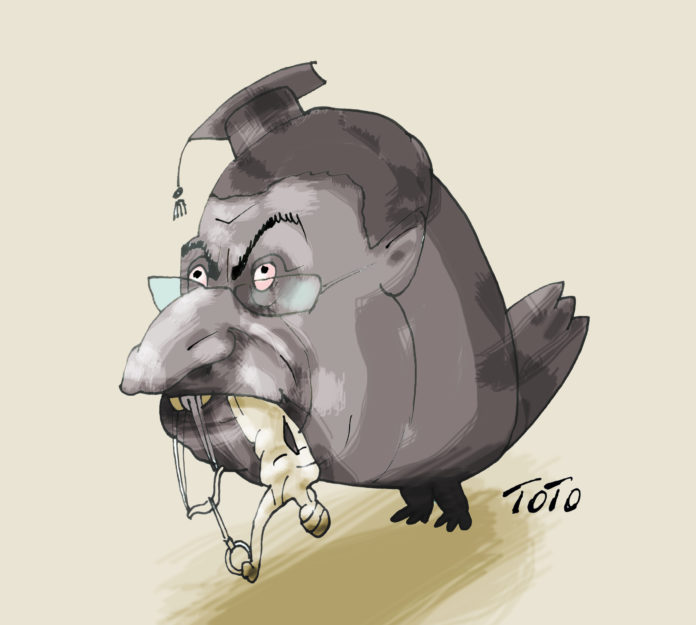When Nikol Pashinyan came to power in 2018, he brought under his control the legislative and executive branches of the government. He was able to have absolute power on the legislative front because he was able to install a rubber-stamp parliament through his ruling party, Civic Contract. The judiciary, however, remained beyond his reach, but not for long.
There is no question that the judicial system needed reform because corruption in the previous regime was rampant and the system was used as an apparatus for the government to settle scores or to prosecute perceived enemies. There were certainly some honest judges who carried out their jobs with integrity. However, Pashinyan himself and his circle decided to take a page out of the former regime’s playbook rather than bring actual necessary changes in the judicial branch. Their slogan had become loustratzia (purge in Armenized Russian) and to achieve that purge, they did not hesitate to use any and every method, legal and illegal.
From the beginning, Pashinyan focused on the courts. In his first days in power, he ordered the mob to block the entrance to the courts, thereby paralyzing the system.
Former President Robert Kocharyan was a prime target for the new regime. Kocharyan did not have clean hands but the methods used to embarrass him went beyond the legal parameters. He was certainly responsible for the March 1, 2008 events during which 10 persons were killed. But after the new administration embarrassed Kocharyan for a year and kept him behind bars illegally before his trial, he was acquitted because the court found that there were no articles in the constitution on which to base a prosecution of the former president. Therefore, the government decided to change the constitution to be able to go after Kocharyan.
Next in the administration’s sights was Hrayr Tovmasyan, then president of the Constitutional Court. He was persecuted by the government and hounded by the loyal media. The campaign only resulted in removing him from the position of president. However, he fought tenaciously to remain on the constitutional court.
Nikol Pashinyan kept blaming the former regime, whose leaders controlled the courts and on whose watch the judges expected calls from the executive branch to get their orders regarding verdicts. Pashinyan has bragged that he has never placed a phone call to any judge. One has to believe his statement, because when he can place his cronies on the court benches, who are familiar with the administration’s political agenda, they will perform accordingly and don’t need reminders through phone calls.










